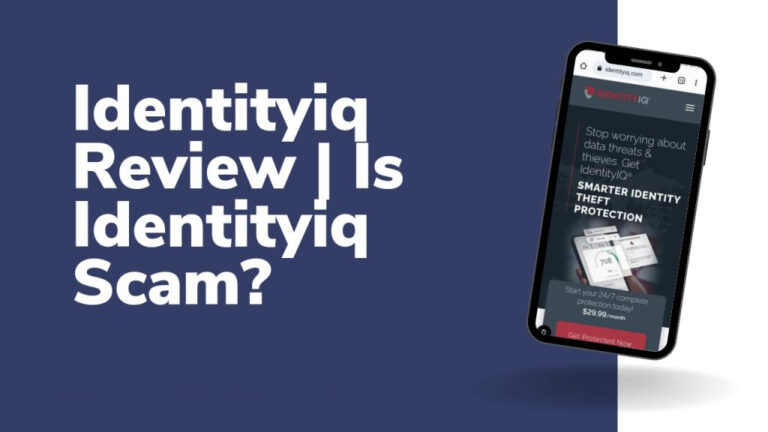Forex Trading Scams: How To Avoid Forex Trading Scams

Forex trading, short for foreign exchange trading, is a legitimate and potentially lucrative endeavor where individuals buy and sell currencies with the aim of making a profit. However, with the allure of high returns come the shadows of deception, and scammers are increasingly targeting those seeking to dive into the world of forex trading. In this blog post, we’ll delve into the world of “Forex Trading Scams,” fraudulent schemes that prey on the aspirations of traders. We’ll explore what these scams involve, how they operate, and, most importantly, how to recognize and safeguard yourself from becoming a victim.
Understanding Forex Trading Scams
Forex Trading Scams encompass various deceptive practices that exploit the forex market for illicit financial gain. These scams often promise quick and substantial profits, but the reality is that they lead traders down a path of financial loss and frustration. Here’s a closer look at how these scams typically unfold:
The Anatomy of Forex Trading Scams:
- Deceptive Advertising: Scammers employ flashy websites, social media ads, or unsolicited emails to lure individuals into their schemes. They often promise guaranteed profits, minimal risk, and little effort required.
- Unregulated Brokers: These scams may involve unregulated or offshore forex brokers that lack proper oversight. They create an illusion of credibility by mimicking legitimate brokers’ websites.
- Fake Trading Signals: Scammers may sell forex trading signals or strategies that promise surefire success. These signals often lead to financial losses rather than gains.
- Ponzi Schemes: Some scams operate as Ponzi schemes, where early investors are paid with funds from newer investors. This gives the illusion of profitability until the scheme inevitably collapses.
- Pressure to Invest: Victims are often pressured to invest more money, with promises of greater returns. Scammers use high-pressure sales tactics and manipulation to convince traders to increase their investments.
- Lack of Transparency: Scammers provide little to no information about their trading strategies, making it impossible for traders to assess the legitimacy of their operations.
Recognizing the Red Flags
Spotting the warning signs of Forex Trading Scams is essential for safeguarding your investments and financial well-being. Here are common indicators to be aware of:
- Guaranteed Profits: Be skeptical of promises of guaranteed profits or high returns with minimal risk. The forex market involves inherent risks, and no one can guarantee specific outcomes.
- Unregulated Brokers: Verify the credentials and regulatory status of forex brokers before depositing funds. Reputable brokers are typically regulated by financial authorities in their respective countries.
- Pressure to Invest More: Be cautious if you’re pressured to invest more money, especially if it’s presented as a requirement to access promised profits.
- Lack of Transparency: If a trading opportunity or strategy lacks transparency or specific details, it’s a red flag.
- Unsolicited Offers: Be wary of unsolicited offers, especially those received via email or social media, and thoroughly research any company or individual before engaging with them.
Protecting Yourself From Forex Trading Scams
Defending against Forex Trading Scams requires vigilance and informed decision-making:
- Educate Yourself: Take the time to learn about forex trading, risk management, and how legitimate trading operates. A well-informed trader is less likely to fall victim to scams.
- Verify Broker Credentials: Ensure that any broker you work with is regulated by a recognized financial authority. Check for reviews and complaints from other traders.
- Use Reputable Signals: If you’re considering trading signals or services, research their track record, and choose providers with a proven history of success.
- Practice Caution: If something sounds too good to be true, it probably is. Avoid high-pressure sales tactics and carefully consider all investment decisions.
- Report Suspected Scams: If you encounter a Forex Trading Scam or suspect fraudulent activity, report it to relevant authorities and financial regulators.
Conclusion
Forex trading can be a legitimate and potentially profitable endeavor, but it’s crucial to be aware of the existence of Forex Trading Scams. These scams are designed to exploit the aspirations of traders and can lead to significant financial losses. By staying informed, practicing caution, and recognizing the red flags associated with these scams, you can protect your investments and navigate the world of forex trading more safely. Remember that there are no shortcuts to guaranteed profits in forex trading, and anyone promising otherwise should be viewed with skepticism.






